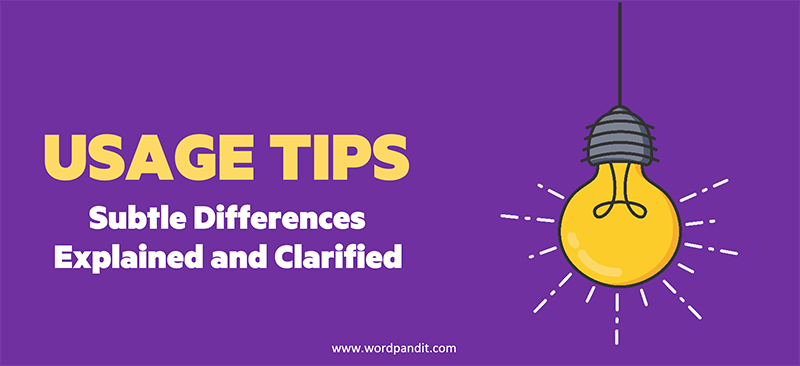Feasible vs. Plausible: Know the Difference 🌟
Ever find yourself wondering whether something is feasible 🤔 or plausible 🤔? You’re not alone! These two words are often confused because they both relate to possibility, but each has its own distinct meaning. Understanding the difference can help you express yourself with clarity and confidence—and avoid some potentially amusing misunderstandings. Let’s dive in! 🚀
What Do They Mean? 💬
Feasible (pronounced FEE-zuh-bul): 💡
This word refers to whether something is achievable or practical 🛠️. If a plan, action, or task is feasible, it means it can realistically be accomplished. Think of it as the “how” of getting something done.
Definition 📖: Capable of being done or carried out; possible to achieve.
Etymology 🌍: Derived from Old French faisible, meaning “that may be done.”
Example ✨: “Building a community garden in our neighborhood seems feasible, given the available space and willing volunteers.”
Synonyms 🔄: Possible, workable, achievable.
Antonyms ❌: Impossible, impractical, unattainable.
Plausible (pronounced PLAW-zuh-bul): 🔍
This word deals with believability 🤨. If something is plausible, it means it’s reasonable or likely to be true. Plausible doesn’t mean it’s definitely true—just that it’s credible enough to be believed.
Definition 📖: Seemingly reasonable or probable; credible.
Etymology 🌍: Originating from the Latin word plausibilis, meaning “worthy of applause” or “believable.”
Example ✨: “His explanation for being late sounded plausible, though I’m still a bit skeptical.”
Synonyms 🔄: Believable, credible, likely.
Antonyms ❌: Unbelievable, far-fetched, implausible.
Comparing Feasible and Plausible ⚖️
Think of feasible as a practical matter 🛠️ and plausible as a question of credibility 🤨. For instance:
- It may be feasible to build a treehouse (you have the tools, wood, and skills) 🪚, but it’s not plausible to say you could do it overnight without any help ⏱️.
- The idea that aliens 👽 built the pyramids is plausible to some—meaning it could be believed—but it’s not particularly feasible considering the historical evidence of human effort 🏗️.
How to Remember the Difference 📝
A simple way to tell these two apart is to remember:
- Feasible deals with whether something can be done ✅. Imagine checking your to-do list—if it’s feasible, you can realistically get it done 📋.
- Plausible is all about whether something can be believed 🤔. If someone tells you a story 📜, you judge it on whether it’s plausible.
To make it stick, consider this mnemonic 💡: “It’s feasible to climb a mountain 🏔️ if you have the gear 🎒, but it’s only plausible if you’re fit enough to try! 💪”
Contextual Usage ✍️
Let’s put both words in a sentence to see how they work in context:
“It’s feasible for us to finish the project by Friday 🗓️, but it’s only plausible if everyone works overtime 🕒.”
Related Words 📚
- Viable: Similar to feasible, meaning capable of being successful 🎯.
- Credible: Similar to plausible, meaning believable or trustworthy 👍.
Test Your Knowledge: Feasible vs. Plausible Quiz
1. Which word means “capable of being done or accomplished”? 🛠️📝
2. Choose the word that best fits in the blank: “Her explanation seemed _____, but there was no evidence to back it up.” 🤔📚
3. Which of the following sentences uses the word “feasible” correctly? 💡💼
4. True or False: “Plausible” means “likely to happen in reality.” ✔️❌
5. Which word would you use to describe a believable but uncertain theory? 🧠📖
6. Synonym of “Plausible”: 📘✅











